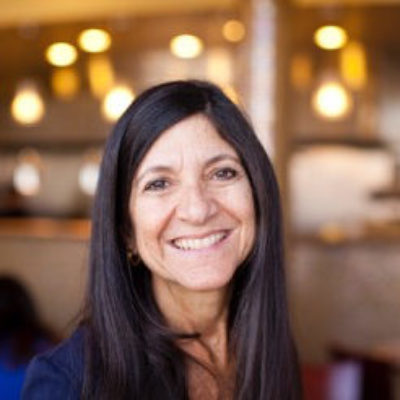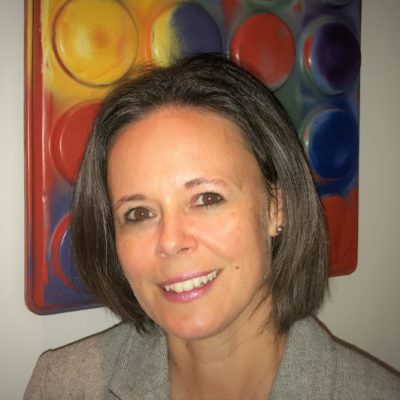Jorja Leap: I began my career in Watts in 1978. I collaborated with the people there on community-based participatory research and grew to admire the vibrancy of the community so very much. But one thing came up over and over again: The individuals who were the leaders in Watts—the individuals who understood Watts and who people in Watts looked up to and followed—their voices were not being lifted up in areas outside of Watts including philanthropy, government, elected officials, policy makers, city and county agencies. Even at conferences, they were brought in to talk about the problems of Watts, but there was no sustainability.
In addition, the leaders in Watts were always a bridesmaid, never a bride. They were subcontractors, not contractors. They were brought in on grants because they were local experts, but they were never the leaders on grants. They were never who the money was given to by philanthropy, elected officials or the policymakers.
As all of this was percolating, I met Karrah who was a graduate student at UCLA in the Department of Social Welfare. She subsequently obtained her MSW, but she already had a Masters in Nonprofit Leadership and had been an executive director of a nonprofit. We began having these ongoing conversations about Watts and we found out that we were yin and yang. Karrah had the nonprofit experience and I had experience working in Watts. Into this came the California Wellness Foundation. You were looking for innovation and new models, and were willing to take a chance on us. You were our original funder.
Karrah Lompa: We were having lunch with our program director at Cal Wellness and were talking about these leaders who were making the work happen, who were serving the community without resources, without structure, without infrastructure, but who knew what the community needed. So, the question became: How do we equip these leaders who know what the community needs? How do we help them be sustainable? How do we provide them with additional knowledge that will allow them to operate outside of Watts? We understood that it required infrastructure knowledge, capacity building, nonprofit acumen, understanding the elements of running a business beyond running community service out of your truck or your garage or your apartment.
So, our motivation was to make sure that the people who have the answers, the lived experience and the know-how also had the resources. That it wasn't all self-funded. That it wasn't exclusively a one-time grant. That they had sustainable resources, knowledge, relationships and connections that could allow their investment in the community to grow and flourish and replace the outside entities that were coming in and airdropping support. Instead, we wanted to equip them from the inside to serve the entire community.


